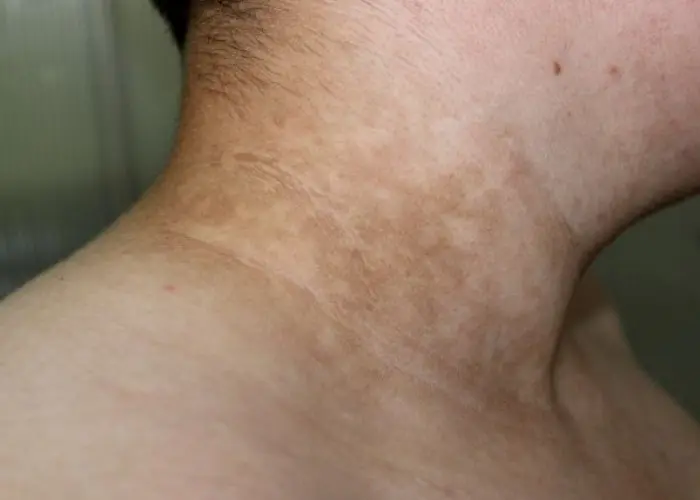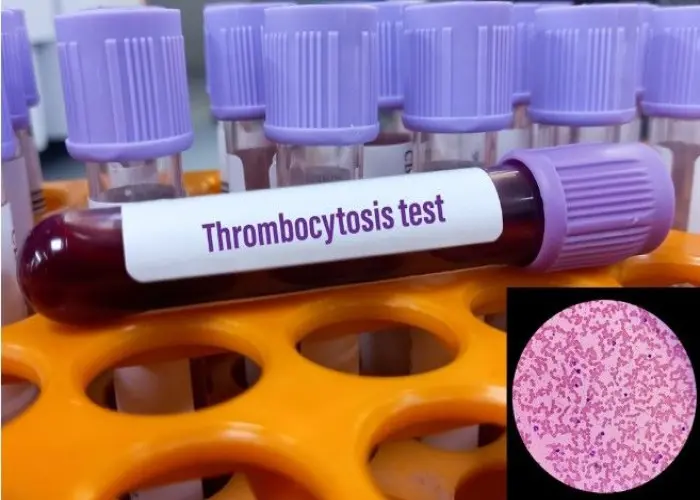 Welcome
Welcome
“May all be happy, may all be healed, may all be at peace and may no one ever suffer."
Acanthosis nigricans

Acanthosis nigricans is a skin condition characterized by thick, dark, velvety patches of skin that typically develop in folds or creases of the body, such as the neck, armpits, groin, and under the breasts. The condition is usually not painful or itchy, but it can be unsightly and cause emotional distress.
Acanthosis nigricans is caused by an increase in insulin levels in the body, and it is often associated with conditions such as obesity, type 2 diabetes, and certain endocrine disorders. It can also be a side effect of certain medications.
The treatment of acanthosis nigricans depends on the underlying cause of the condition. In many cases, improving insulin sensitivity through weight loss and physical activity can help reduce the symptoms of acanthosis nigricans. If the condition is caused by a medication, switching to a different medication may be necessary.
Topical creams and ointments can also be used to lighten the darkened skin and improve its appearance, but these treatments are not typically effective for treating the underlying cause of the condition.
If you are experiencing symptoms of acanthosis nigricans, it is important to speak with a doctor to determine the underlying cause and develop an appropriate treatment plan. The earlier the condition is detected and treated, the more effective the treatment will be in managing the symptoms.
Research Papers
Disease Signs and Symptoms
- Skin is thick
- Itching
- Hard skin
- Velvety skin in body folds and crease
Disease Causes
Acanthosis nigricans
Acanthosis nigricans has been associated with:
Insulin resistance. Most people who have acanthosis nigricans have also become resistant to insulin. Insulin is a hormone secreted by the pancreas that allows your body to process sugar. Insulin resistance is what eventually causes type 2 diabetes.
Hormonal disorders. Acanthosis nigricans often occurs in people who have disorders such as ovarian cysts, underactive thyroids or problems with the adrenal glands.
Certain drugs and supplements. High-dose niacin, birth control pills, prednisone and other corticosteroids may cause acanthosis nigricans.
Cancer. Acanthosis nigricans also sometimes occurs with lymphoma or when a cancerous tumor begins growing in an internal organ, such as the stomach, colon or liver.
Disease Prevents
Disease Treatments
In many situations, treating the underlying problem can help fade the discoloration. Examples may include:
- Losing weight. If your acanthosis nigricans is caused by obesity, losing weight may help.
- Stopping medications or supplements. If your condition seems to be related to a medication or supplement that you use, your doctor may suggest that you stop using that substance.
- Having surgery. If acanthosis nigricans was triggered by a cancerous tumor, surgically removing the tumor often clears up the skin discoloration.
If you are concerned about the appearance of your skin or if the lesions become uncomfortable or start to smell bad, your doctor may suggest:
- Prescription creams to lighten or soften the affected areas
- Antibacterial soaps, used gently, as scrubbing could worsen the condition
- Topical antibiotic
- Oral acne medications
- Laser therapy to reduce the skin's thickness
Disease Diagnoses
Disease Allopathic Generics
Disease Ayurvedic Generics
Disease Homeopathic Generics
Disease yoga
Acanthosis nigricans and Learn More about Diseases

Familial adenomatous polyposis

Colic

Anxiety disorders

Swimmer's ear

Essential thrombocythemia

Male infertility

Hypoparathyroidism

Gestational diabetes
Acanthosis nigricans, Acanthosis nigricans treatment, অ্যাকান্থসিস নিগ্রীকানস
To be happy, beautiful, healthy, wealthy, hale and long-lived stay with DM3S.

